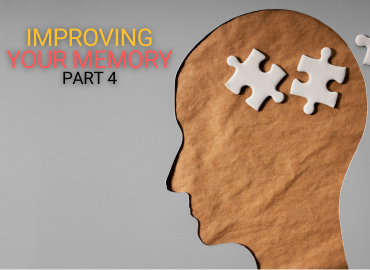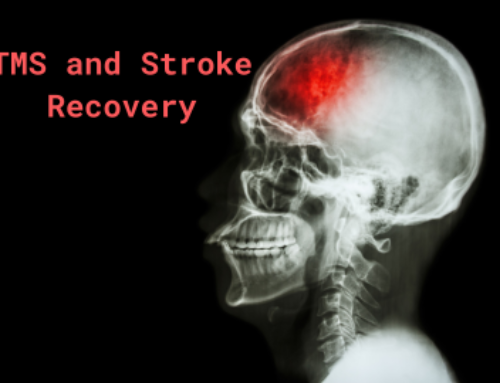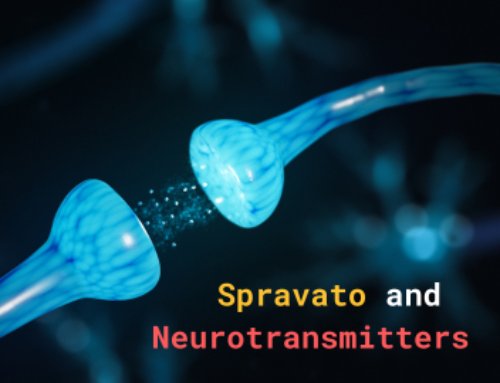How to Improve Memory, Part 4
Head injuries are a significant cause of memory loss. A traumatic brain injury (TBI) is defined by the Mayo Clinic as, “Brain dysfunction caused by an outside force, usually a blow to the head.” The National Institutes of Health (NIH) says a TBI of the non-penetrating kind, “is caused by an external force strong enough to move the brain within the skull.” TBIs can cause issues like bleeding within the cranium and lesions.
TBIs, especially untreated TBIs, can cause lasting problems like headaches, sensitivity to light and sound, and mood changes. Memory is another function that is at risk if the head is injured. TBIs can cause amnesia, or the loss of memory. This can be temporary or permanent. Head injuries tend to cause a type of amnesia called anterograde amnesia, meaning trouble forming new memories. Usually, identity and older memories remain intact.
Today, we want to highlight the role of protecting the head as related to maintaining and improving memory. Here are some tips on how to protect your head:
Wear your helmet! Wearing a helmet goes beyond working on a construction site. These are more occasions for a helmet and maybe a mask too.
− Horseback riding
− Skateboarding
− Riding a bicycle
− Riding a motorcycle
− Riding an ATV
− Inline skating
− Ice skating and hockey
Estimates say that wearing a helmet decreases the risk of head and brain injury by 65% to 88%, as well as injury to the upper and mid-face by 65%. One can’t afford to risk brain injury that could affect so much more than memory by not wearing a helmet.
Watch your balance. Be aware of how good your balance is and be aware of your environment to reduce falls. Use balance mobility aids when needed when performing activities like these:
− Descending and ascending stairs
− Descending and ascending ladders
− Walking on rocky, uneven terrain
− Walking on snow or ice
− Walking on shifting materials like sand
− Moving around while under the influence of drugs like sedatives
Pay attention to how you feel if you’ve had a knock to the head, even if you wore a helmet. Lingering
pain, swelling, dizziness, sensitivities to light and sound, and irritability are symptoms of a type of TBI
called concussion.
If you suspect you’ve had a TBI, talk to your doctor right away or go to the emergency room. You should get checked out as soon as possible, and it’d be a good idea to get a ride from someone else.
If you’re experiencing memory problems from a head injury, help yourself to compensatory strategies like these:
− Practice reflective listening when in conversation
− Use organizers to keep things in consistent locations
− Use online or app-based calendars that will give you reminders
− Use apps that will keep track of specific information and provide memory joggers
− Use highly visible items like markerboards and signs in your home
− Journal your memories and new experiences
− Don’t withdraw—exercise your brain with human interaction and new experiences
For appointments and more information on our services, which include metabolic workups and transcranial magnetic stimulation (TMS) using the latest NeuroStar equipment, contact us on our
ebsite or call (585) 442-6960.





